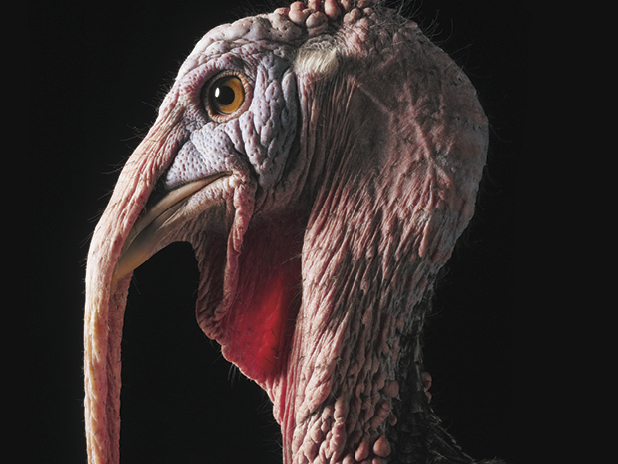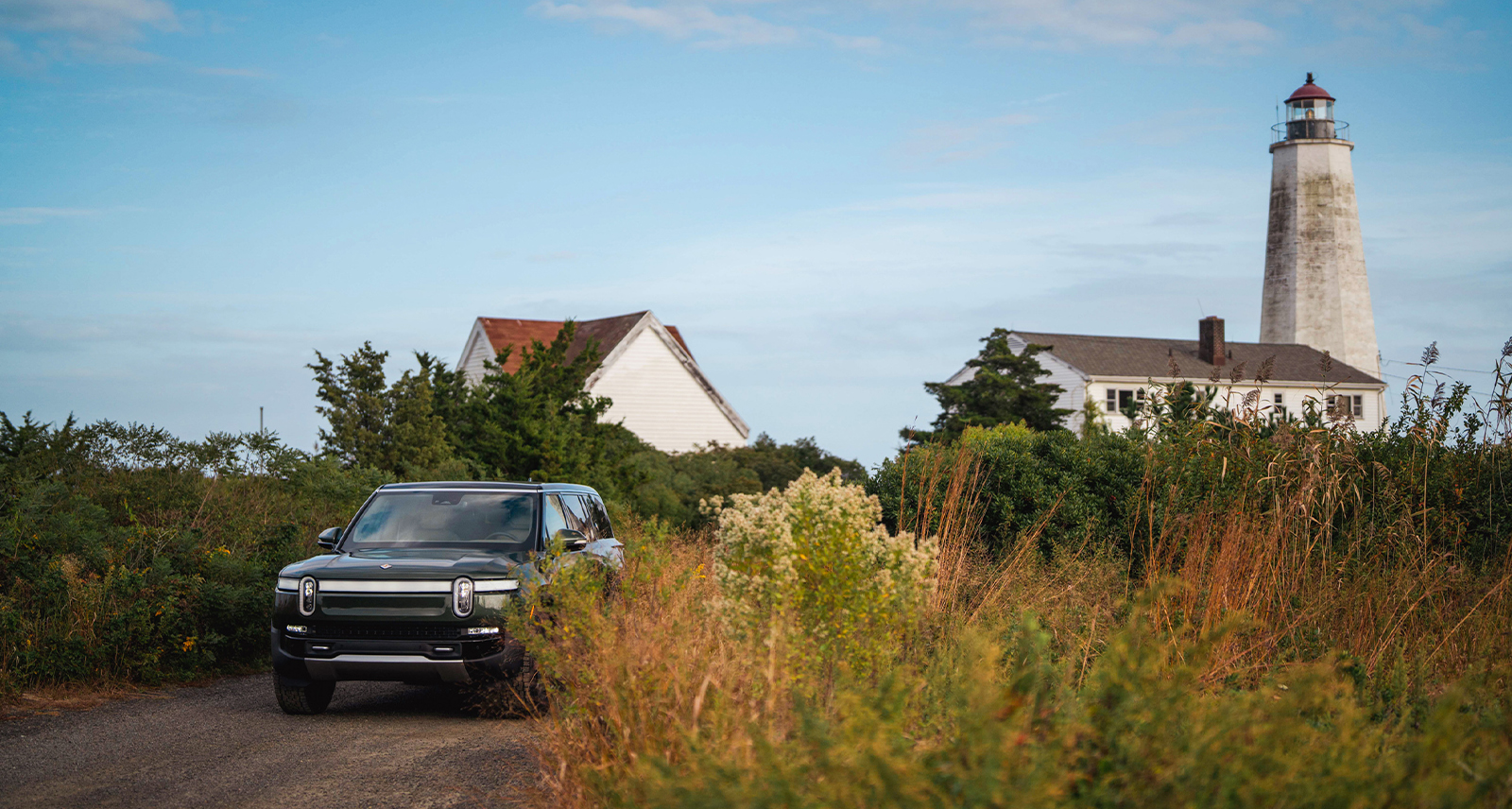Murder Most Fowl: How I Learned to Put Food on the Table
We were closing in on them now. Or at least we were closing in on where we had last seen them. The birds had gathered in a bowl-like indentation on the slope. Which is why we had dropped down low in the grass, to slither their way on our bellies, without the turkeys being able to see us over the undulation of the hill. There was a drawback, though, to our perfectly stealthy approach. Reciprocal repercussions, in short. If they couldn’t see us, neither could we see them. At any rate, not until we reached the top of the hill. Finally, Matt stopped just in front of it, and motioned for me to pull up alongside. To prepare to shoot.
And that was the second problem: this was my first hunt, for anything. What I was doing there was something of a puzzler. The short answer was that, as a food writer who gets around, I had long enjoyed eating wild game. Especially at a handful of favourite restaurants in the UK, where its sale is legal, but also here — where it’s not, but where I am lucky enough to be close with some fine European chefs who like to cook occasional game dinners on the sly. Such dining pleasures had inspired a curiosity that got me cooking the stuff. And when I learned that I liked doing that, too, I thought it only sensible that I should stop leaning on my hunting friends, and instead learn to go and get some of my own.
When growing up in Montreal, I had a handful of friends who hunted with their fathers — men who believed that teaching their young sons how to handle a gun, to kill and put meat on the table, was perhaps the most important lesson they could pass on about negotiating the path to manhood.
My father was of a different school. Yes, he also took pride and pleasure in putting meat on the table — or, bringing home the bacon, as I guess they said in non-Jewish homes. And with five children, he had to bring home a lot of it. But he was content to know that his strength was in doing it figuratively rather than literally. This in no way impinged on his sense of masculinity — which was healthy, and measured in professional success and mental acuity, rather than in any physical prowess. Unless you include his competitive streak vis-à-vis how much a man could drink without showing it.
He was vigorously opposed to any other form of exercise. For him all sports were spectator sports, or something you read about. But here was one exception: he enjoyed fishing. At first he probably liked it more for the quiet thinking time it afforded him than for the sport of it. He was not passionate about it. But then one day — not long after coming to terms with just how much my mother disliked cooking the muddy lake trout he and I pulled out of Lake Memphremagog, site of our family cottage — he surprised me by announcing that he had booked a salmon fishing trip for the two of us to the great Restigouche River, in New Brunswick.
He was in his mid-fifties and I was a young teenager. Neither of us had ever cast a fly before. And yet we returned from our trip with two large salmon and a grilse. My mother poached two of them, and we had the other cold smoked. All of the fish was exquisite. And my father seemed to love the spectacle of guests and family eating his catch. With one trip, he was hooked. And me too. I have been hunting large, dinner-plate appropriate fish ever since.










